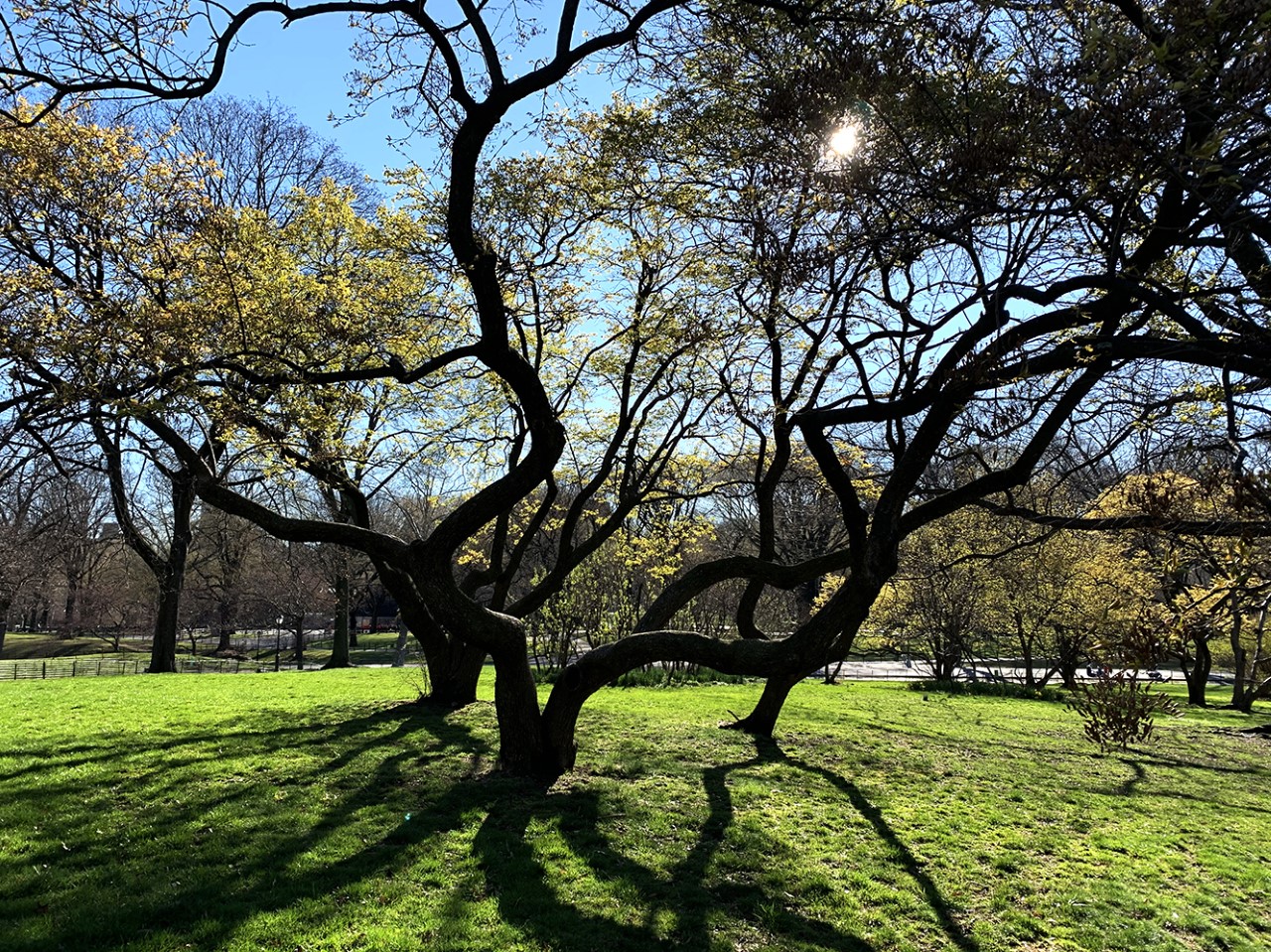Photos of Manhattan’s empty streets and parks (in the body of the text below) by Dennis Myers.
Dog Days (& His Finest Hour)
By Scott Spencer
I am unmoored from my normal sense of time, today, tomorrow, they’re both essentially the same. I am wading through a vast primordial soup of undifferentiated time. This experience HAS brought me closer to my dogs, since this is how they have always lived. I still put my watch on, wind it, check its accuracy against my phone, but I do it every day with the bravado of an RAF prisoner of war, keeping his mustache trimmed and his uniforms as neat as possible.
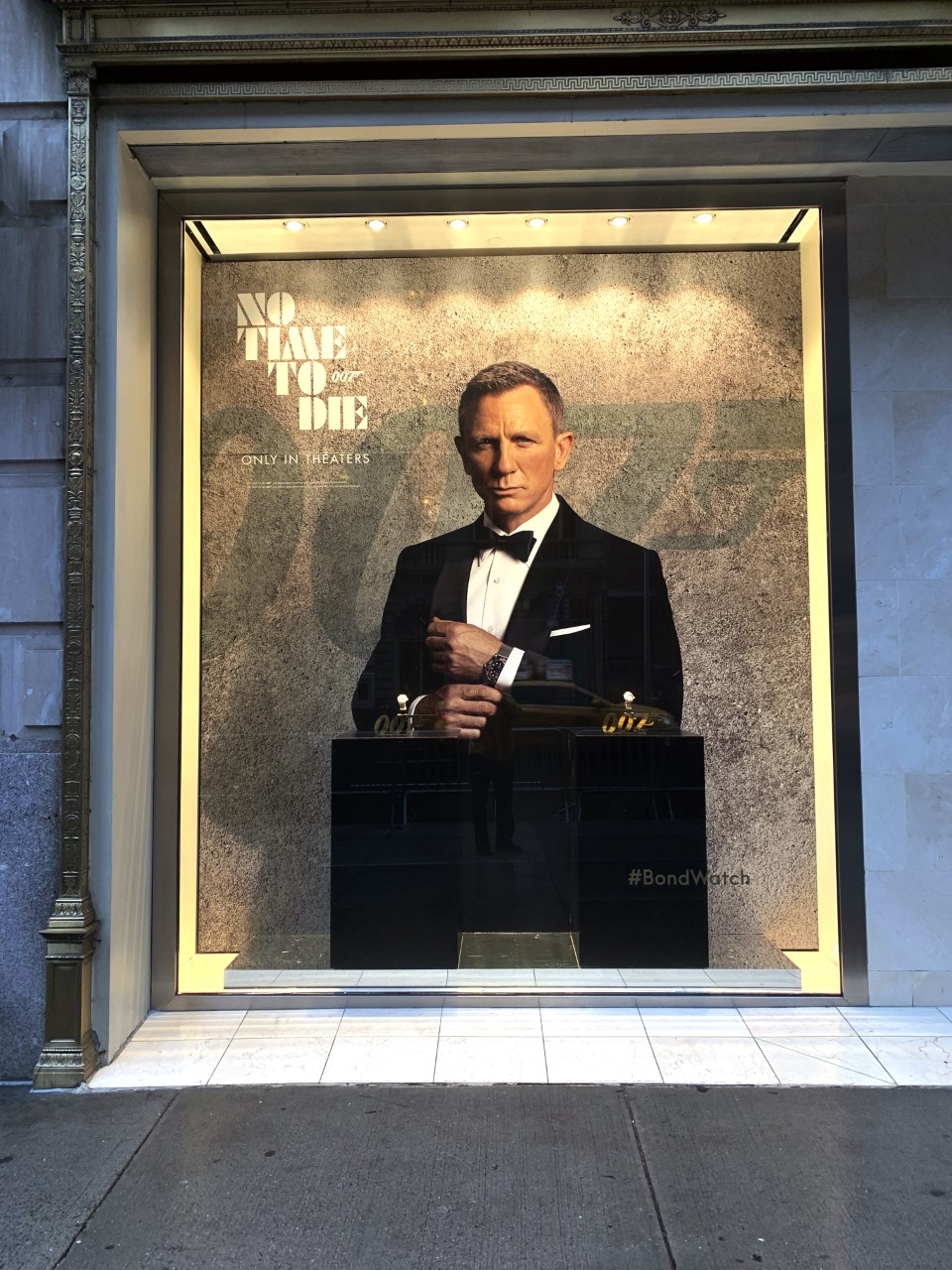
x
Serve Somebody
By Ira Byock
This excerpt from the author’s The Best Care Possible: A Physician’s Quest to Transform Care Through the End of Life has been floating around the internet…
Anthropologist Margaret Mead was asked by a student what she considered to be the first sign of civilization in a culture. The student expected Mead to talk about fishhooks or clay pots or grinding stones.
But Mead said that the first sign of civilization in an ancient culture was a femur (thighbone) that had been broken and then healed. Mead explained that in the animal kingdom, if you break your leg, you die. You cannot run from danger, get to the river for a drink or hunt for food. You are meat for prowling beasts. No animal survives a broken leg long enough for the bone to heal.
“A broken femur that has healed is evidence that someone has taken time to stay with the one who fell, has bound up the wound, has carried the person to safety and has tended the person through recovery. Helping someone else through difficulty is where civilization starts,” Mead said.
We are at our best when we serve others. Be civilized.
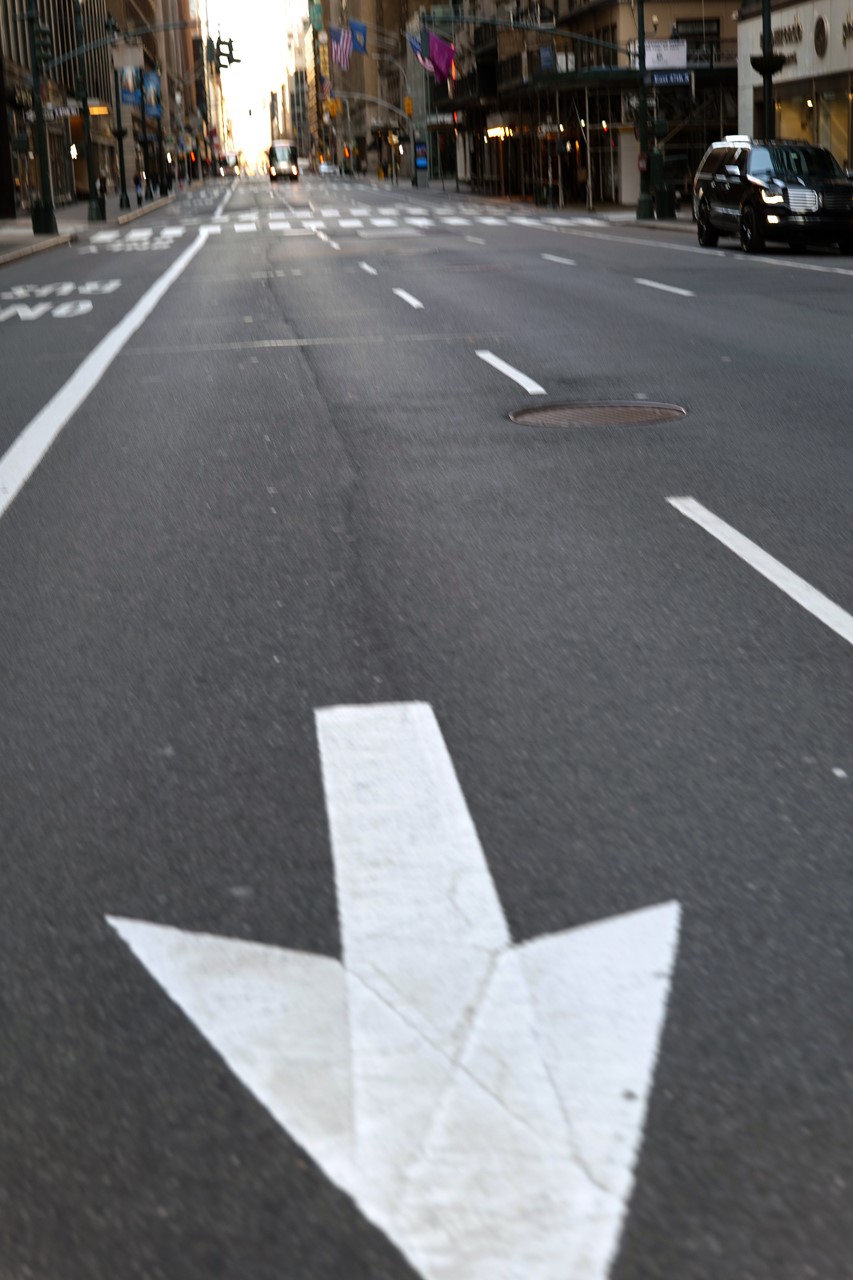
z
Journalists & Mindlessness
By Benj DeMott
“Stupidity has the knack of getting its way; as we should see if we were not always so much wrapped up in ourselves.” Albert Camus, The Plague
New Yorker Journalist Isaac Chotiner did his part to keep stupidity from getting its way when he interviewed NYU law prof—and Hoover Institutionalist—Richard Epstein whose contrarian projections about the course of corona virus made Trump go wobbly on social distancing. Epstein’s March model implying around 500 Americans would end up dying from the virus seems to have led Trump to tweet ten day ago, “WE CANNOT LET THE CURE BE WORSE THAN THE PROBLEM ITSELF.” (Epstein, in CYA mode, has stepped back from that first projection, claiming his model actually forecast 5,000 deaths.) Chotiner went through flaws in Epstein’s original case and in a follow-up article, “Coronavirus Overreaction,” published on March 23rd, where Epstein wrote: “Progressives think they can run everyone’s lives through central planning, but the state of the economy suggests otherwise. Looking at the costs, the public commands have led to a crash in the stock market, and may only save a small fraction of the lives that are at risk.” Their Q&A blew up near the end when Epstein lost it, raging at Chotiner who had been asking careful questions about epidemiology and viruses that underscored Epstein’s lack of public health expertise. Chotiner tried to keep the Q&A impersonal but Epstein insisted his interviewer speak plainly about what he thought of Epstein’s writings on the virus:
O.K. I’m going to tell you. I think the fact that I am not a great scholar on this and I’m able to find these flaws or these holes in what you wrote is a sign that maybe you should’ve thought harder before writing it.
What it shows is that you are a complete intellectual amateur. Period.
O.K. Can I ask you one more question?
You just don’t know anything about anything. You’re a journalist. Would you like to compare your résumé to mine?
No, actually, I would not.
Then good. Then maybe what you want to do is to say, “Gee, I’m not quite sure that this is right. I’m going to check with somebody else.” But, you want to come at me hard, I am going to come back harder at you. And then if I can’t jam my fingers down your throat, then I am not worth it. But you have basically gone over the line. If you want to ask questions, ask questions. I put forward a model. But a little bit of respect.
Epstein’s wish to throttle journalists is widespread among Trumpists and their enablers on the right. It was striking that just as Chotiner was modeling what it means to have a working bullshit detector, word came that another legendary journalist’s instincts remain right on time. I guess no one should be surprised Lawrence Wright is set to publish a novel, The End of October, that evokes an American doctor’s struggle against a pandemic. After all, Wright’s nose for the next story of our lives has made him a national resource. His pre-9/11 reporting on Islamist terror prepped him to write The Looming Tower—his definitive account of bin Laden’s attack on America. (A Times columnist noted, “A minor character in The End of October is Richard Clarke, the real-life former counterterrorism czar who tried but failed to get George W. Bush’s administration to focus on the threat posed by Osama bin Laden. It’s as if Wright were trying to signal—too late—that our government was poised for yet another spectacular intelligence failure.”)
Not that all journos deserve bows right now. Self-enrapt Jim Acosta may be the only reporter outside OAN who can make Donald—“We’re sending 100,000…things to Italy”—seem locked in on latest details of our calamity. Rachel Maddow’s feeling for herself isn’t as Ratheresque as Acosta’s, yet I trust I’m not the only viewer put off by her habit of starting every other interview with back-and-forths that prompt respondents to vouch for the perfection of her executive summaries of their work.
Acosta and Maddow are players on a big stage, but per that Vermont governor, local news matters too. Journos’ egos aren’t as large down home. But humble isn’t always beautiful. Maybe I shouldn’t notice but, as the sirens wail, New York One’s Dean Meminger displays a peculiar lack of affect. It’s true he doesn’t aim to call attention to himself when he reads news about, say, that overwhelmed hospital in Elmhurst where they’ve brought a refrigerated truck to store bodies. The problem is his voice seems permanently tuned to reporting on street fairs. Would that it were all good.
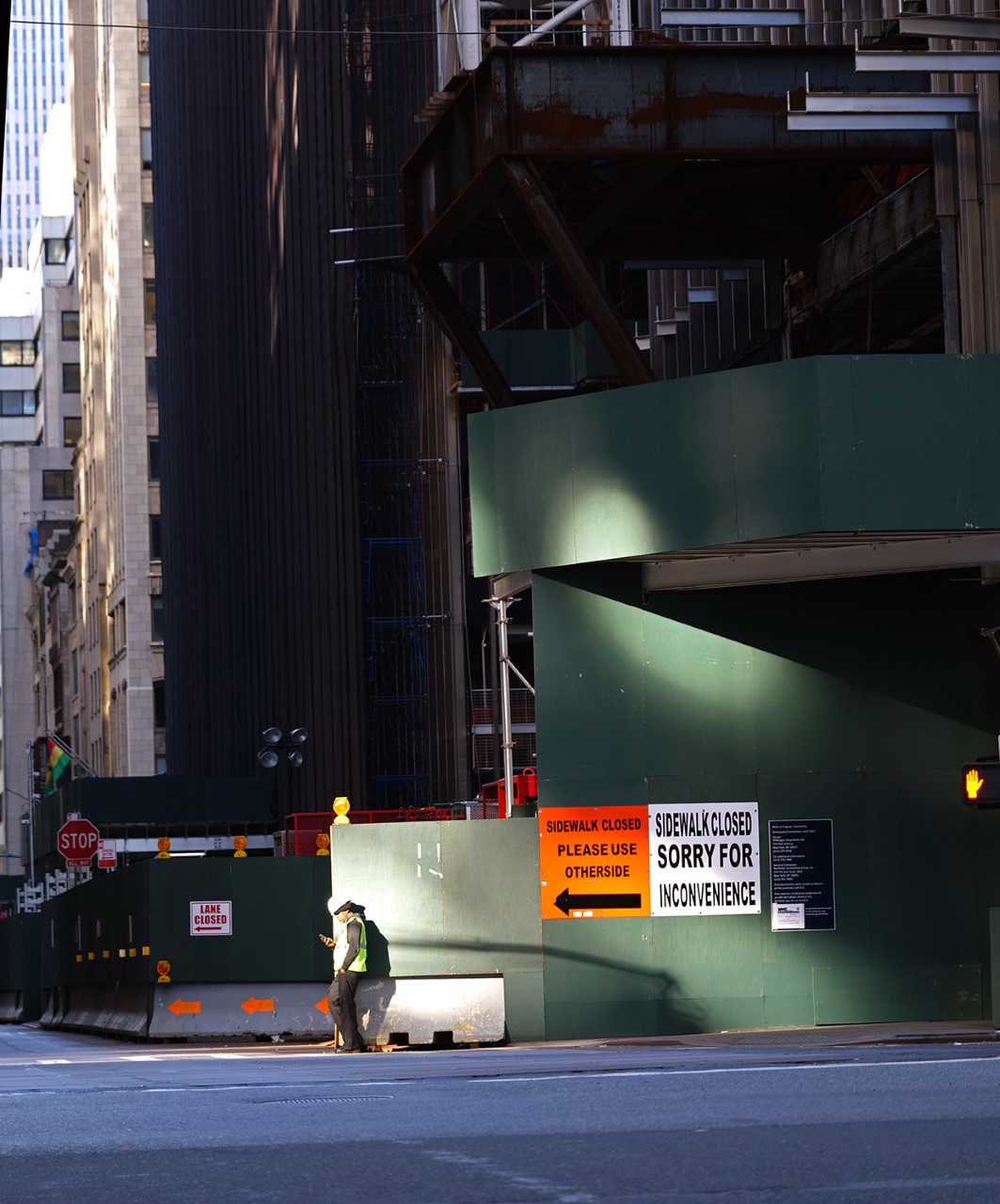
x
News From Now
By Laurie Stone
In the new reality, everything that is not virus feels not real, not relevant, including work made in the past for the present, including all of the past. History feels suspended. In time, old before-nows will enter the new, as-yet-to-be named age of after, but not now. Now there is only today and an imagined landscape stretching out for two years. Work absent the new reality–most work, most images, most narratives, most thought–is missing a leg or a head, scuttling or limping along, innocent of what it could not know. As for now–the all virus all the time now–it’s an information drip. We’re around the campfire, staring into the dancing flames, tell me a story.
In other news, I itch From poison ivy and a map of red welts has formed continents across my skin. I move giant rocks from point A to point B in a wheel barrow. I love these rocks. The desert rocks I have brought here from Arizona need their own installation. I found rusted barbed wire in the no-longer-snarled thicket up our hill, and I have brought back two desert plants. I am waiting for it to get warmer.
In other news, “My Brilliant Friend,” season two, I’m not happy. It’s the story of the lockdown of women by men, and since the viewer sees through the eyes of the women, it’s the lockdown of us as well. It’s the same story over and over of women held down, and it’s dull because it’s true and more unstoppable than a fascist coup installing a man like Trump or than a highly contagious virus. The first comes and goes in societies. The virus is far more rare, one of this kind occurring once in a 100 years. But the freedom of men to destroy the happiness of the women in their midst–interrupt them, correct them, sell them, beat them, make good on the threat of murder–this is every day and all the time. I love looking at the faces of the two young women who play Lila and Lenu, so young and oddly hushed in their delivery, even speaking to each other alone, they have entered a kind of code speech. These girl-women are in quarantine from themselves for the rest of their lives unless they find a way out.
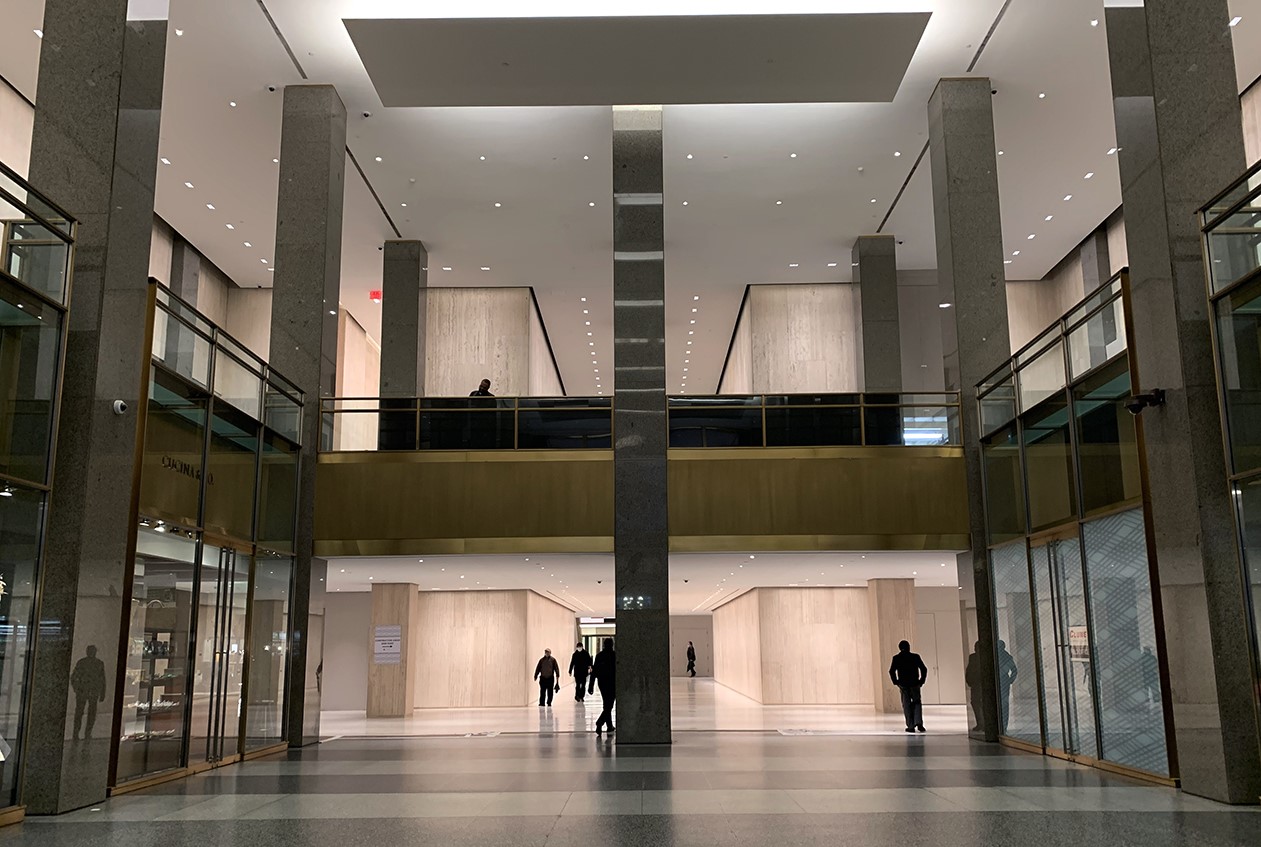
x
Corona Dream?
By Greil Marcus (+)
- The Orlons, “I Caught My Jeans” (Cameo, c. 1964) I was changing stations and caught just the last 40 seconds of this, there was no ID, but it had to be them, in Philadelphia, a year or two and a lifetime after they had three hits in the top five and never again, by 1964 just trying to keep up with what everybody else was doing, so it’s the lead singer chasing her boyfriend down the street, screaming at him to stop, and just as she’s almost there she scrapes against something that stops her as if she’s been lassoed: “I caught my jeans! I caught my jeans!” but he jumps on his motorcycle and roars off, the vroom-vroom special effects making the record a cross between their own “Don’t Hang Up” and The Shangri-Las’ number one “Leader of the Pack” from the same year as this absolute obscurity I’d never heard before. Then I woke up.
Item 3 (above) in Greil Marcus’s last Real Life Top Ten didn’t come with a Corona reference but it seems suffused with a wish for a return to a simpler, less doomy time. Echt 60s fun melds with the pre-quarantine work-life of a critic always in pursuit of aural surprises. At the mercy of virus-apocalypse like his peers, Marcus’s dream hints that what he fears most about death is that it will kill his capacity to keep revising his quirky musical canon. When I suggested to Marcus there might be an Orlons-Corona connection, he didn’t say I was wrong. He gave me dispensation to put my spin on his “I Caught My Jeans” dream. “Use as you like,” he said, adding on…“It was just a dream, but so precise that after I woke up it took me a while to convince myself it was. And of course there SHOULD have been a record like that by the Orlons. Or the Angels. Marvelettes. Reparata and the Del-Rons. Claudine Clark.”
x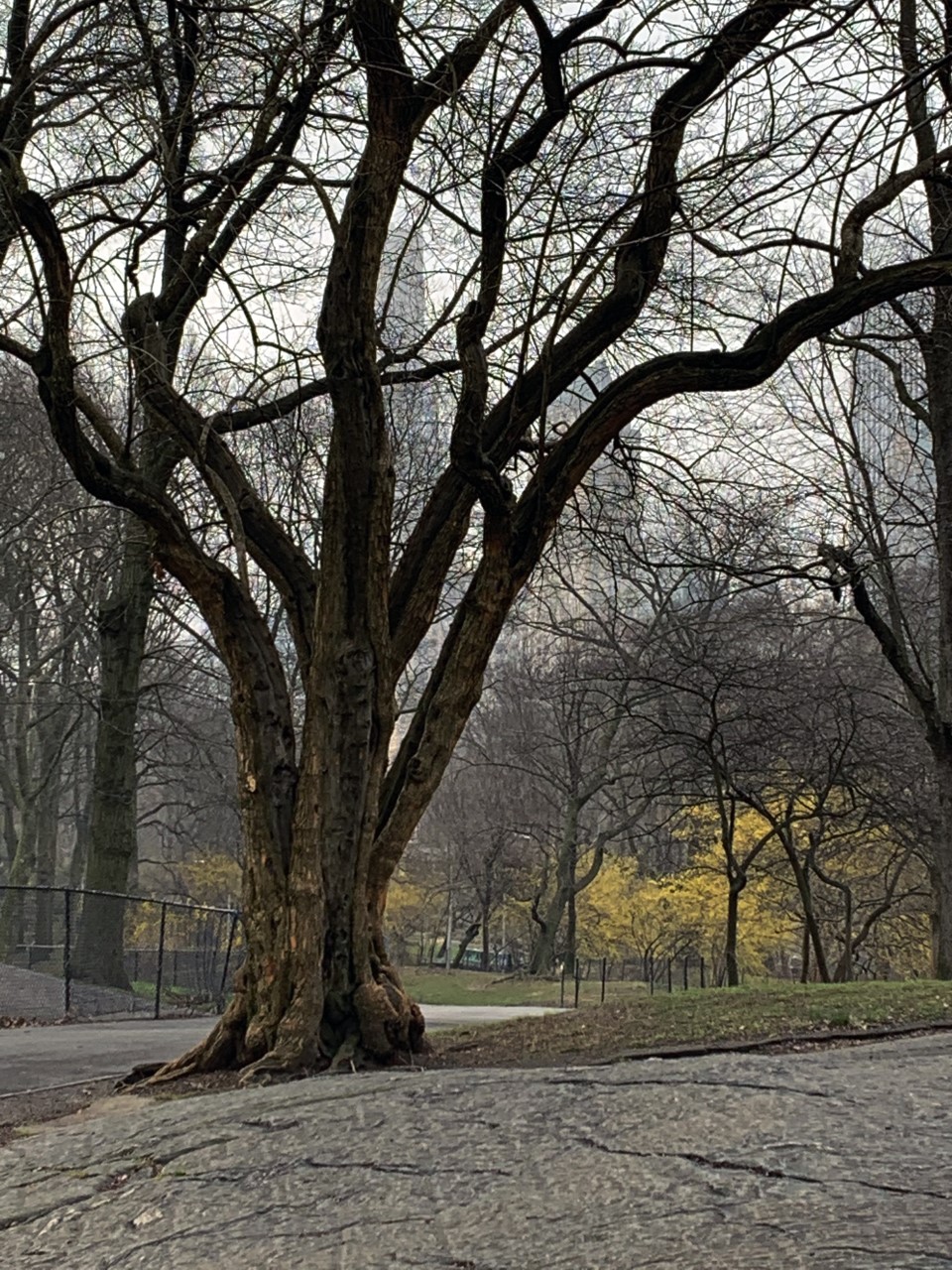
x
Waiting For the Sirens’ Call
By Stephen O’Neill
I’m sitting here in lockdown, New Order is exactly what’s required when life resumes to some sense of normality. That boy in the video is me, running for corrupt politicians and aristocrats.
Bad Outside
By Phil Greene
I know that it’s bad outside and I should
Be glad I’ve got a place, a place to hide
We’re living in new disguises
living it up as the death toll rises
It’s another day
Does anybody still believe in the future?
It’s only been a couple of weeks and I
don’t think I can go back
to the way it was
It’s a luxury apocalypse
the delivery guy could live off my tips
I hope he made it home alright
Even we old folks knew it was over when the networks
fell
I don’t think I can go back
when it’s over
I don’t think I want to go back
if it’s ever over
If it’s ever over
It’s over
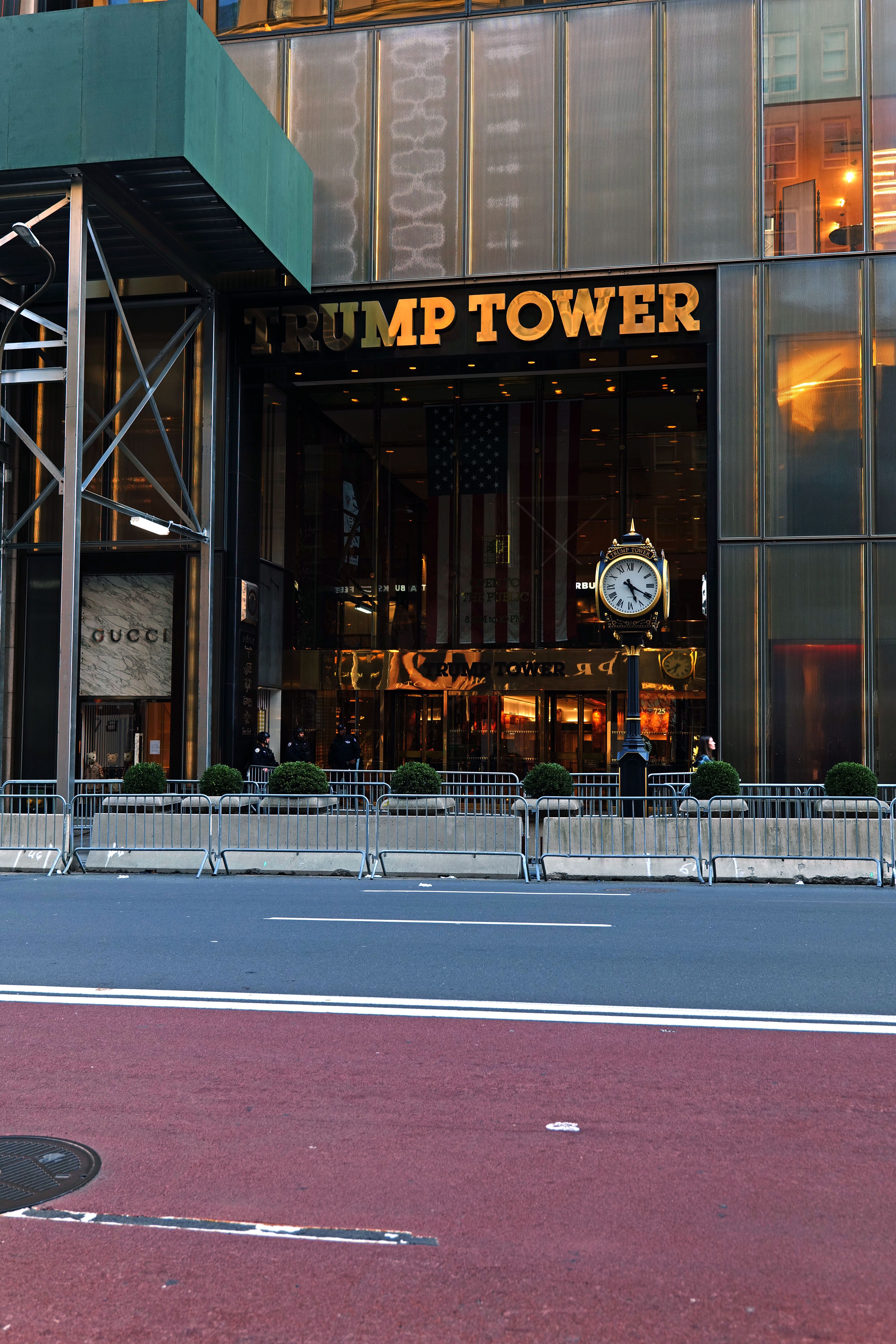
x
Keep Punching
(Berkeley) Bob Levin
Cafes offering espresso to go. Is that “essential” enough for me to leave home for it? So far, not arrested. Next question, since I have no place to sell my books, am I entitled to a federal pay out?
Other loss is the gym. Walking replaces cardio machines. Shadow boxing replaces heavy bag. (Invested in a ball pump to inflate speed bag but air is bad in basement where it hangs and Adele won’t let me down there. I can always leave it in the living room and tell guests – if we ever have any again – it’s a piece of Pop Art sculpture.)
We never go out anyway.
Sports pages a disaster area. Wonder what sports talk radio is doing.
Catching up on a season and a half of unwatched “Never Call Saul”s. “Sorrow and the Pity” follows. What then? Harry Potter? Crown of Thorns? I mean, Game of Thrones.
War is hell.
How are you and your meshpucha holding up?
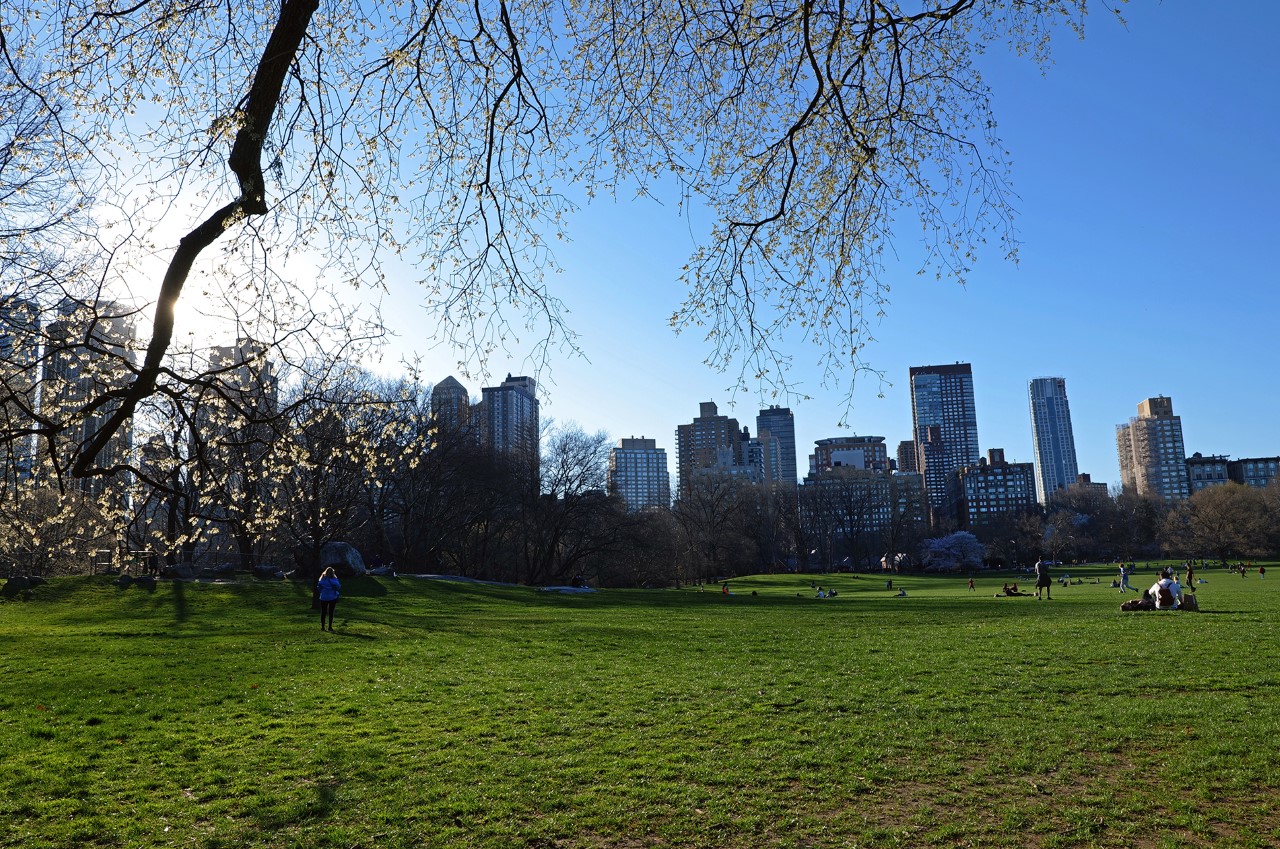
x
Cranky Quarantine Pantoum
The walls aren’t closing in –
They’re only walls.
We’re hunkered down for safety.
We still have choice.
Our only walls,
our only room…
We still have choices,
but not a lot.
There, only room
for a bed, one sun-striped iris.
Here, a chair, some books,
but not a lot.
A bed, a sun-striped iris,
and fear, the rank animal
on the chair. Some books
distract, others try to instruct
about fear, that rank animal.
What are we learning?
To distract others? To instruct
using blue light, the world screens bring?
What are we learning?
That the self and one beloved don’t satisfy?
In blue light of the world screens bring,
we feel both lonely and smothered.
The self and one beloved don’t satisfy.
We blame the virus, the room,
feel both lonely and smothered,
our hearts ungenerous, dull.
We blame the virus, this room
we hunker in for safety.
Our hearts ungenerous, dull,
their walls closing in
–Alison Stone
The Dailiness of Life
By Randall Jarrell
If Alison Stone’s cranky pantoum is speaking to you, here’s a poem by Randall Jarrell that may help you hang on in until you get your change. (Not to say that you don’t deserve a quarantini in the meantime.)
Well Water
What a girl called “the dailiness of life”
(Adding an errand to your errand. Saying,
“Since you’re up . . .” Making you a means to
A means to a means to) is well water
Pumped from an old well at the bottom of the world.
The pump you pump the water from is rusty
And hard to move and absurd, a squirrel-wheel
A sick squirrel turns slowly, through the sunny
Inexorable hours. And yet sometimes
The wheel turns of its own weight, the rusty
Pump pumps over your sweating face the clear
Water, cold, so cold! you cup your hands
And gulp from them the dailiness of life.
Corona Correspondence (& Advice)
Phil Greene & Bruce Jackson
Phil Greene responds below to Bruce Jackson’s March 23rd post On Being Old in Plague Year. Jackson’s reply to Greene follows…
March 24th…Jackson really rang a bell for me when he distinguished between the risky things that he did and how this was something coming from the outside–not that I’ve ever done risky things as spectacular–but I feel I know the feeling.
For me, that the current administration is making things more dangerous is a big part of the difference I feel–maybe it gives a weird kind of “comfort” isn’t the right word, but that feeling that I/we can deal with a pandemic but I can’t bear living with the risks added by Trump & Co. mismanagement and BS. I don’t want to die/want anyone to die or get sick, but I can’t bear the thought of dying (etc.) because he’s going to channel relief aid to corporate buddies or tell people to go to work a little sick to save his beautiful economy…
Anyway, Jackson left me with a much better feeling, the future beyond myself, even, should I be so lucky, the vision of an 83 year old feeling good and doing well (and writing great…). I appreciate it!
Regarding packages, being a former multi-bed bug prepper I think about these things all the time (not saying I’m right, and I don’t have the nerve for it but)
Put a note on your door asking the delivery person to please leave it–I have a hard time with this but you’re doing them and yourself a favor, wait for a minute to open the door, try to avoid touching anything (don’t lock the door or gentle it–or you’ll have to wipe it down)
Keep the package away from your face, don’t sit it on a place you touch (or eat/prepare food)–think the floor is best.
If you can let it sit a day or two before opening that’s probably best, if not, open it away from your face–put the box in a safe place to dispose later, wash your hands.
To Mr. Jackson–I hope you have as nice an 84th birthday as you can, and that we’ll get more stories.
March 25…The risky things I did: I didn’t think of them as risky in the moment. Time brought that perception in. Some of those occasions, the time was a few minutes; some, it took years.
This thing, as I tried to say in that piece, is about danger that is specific and current. There’s a real structure and process to what is going on. My doc friends get it. Orangeman does not. The key thing about him, for me, is he wholly lacks empathy. One of the things I’ve come to appreciate in this is how critical empathy is. You cannot engage a good book without empathy. Trump has never, to my knowledge, mentioned a single book.
I was born in 1936. I remember fragments of WWII. Most of my friends, as I wrote in that note, are gone. But I have friends in London who are children of parents who were there during the Blitz. I have friends now in Afghanistan and the troublesome parts of Turkey and elsewhere. We’re housebound. Them?
I hate to be optimistic. My mode is to look at the bad side of life. Optimism can lead you down the most foolish paths. A consequence of my formative Jewish mother, perhaps. This time we’re in sucks: Trump sucks, this disease sucks, our inability to distinguish information from noise sucks.
But I do like the sense of community that seems to be happening now. The recognition of people in our world who were previously invisible to us who now seem indispensable. Like nurses and mailmen.
It may be that after all this we go back to ordinary greed and glitz. But I don’t think so it will get all the way back. I think lessons are being learned
I hope so. If not, we are truly fucked.
PS Thanks for the package advice!
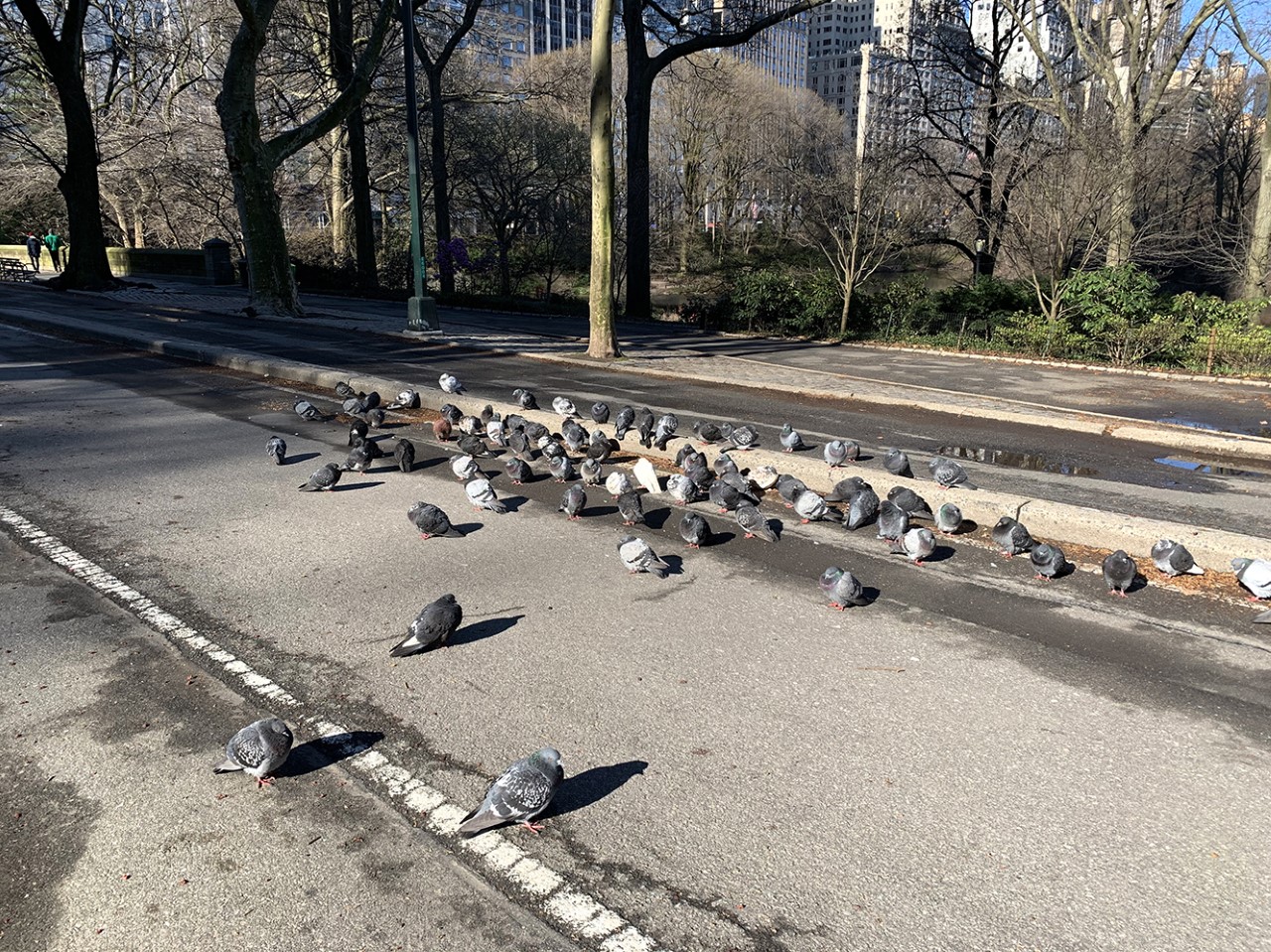
x
Change Your Life
By David Grossman
For many, the plague might become the fateful and formative event in the continuation of their lives. When it fades away, at long last, and people come out of their homes following a lengthy closure, new and surprising possibilities might be articulated: perhaps having touched the foundation of existence will foment that. Perhaps the tangibility of death and the miracle of being rescued from it will jolt and rattle women and men. Many will lose their loved ones. Many will lose their place of work, their livelihood, their dignity. But when the plague ends, there may also be those who will not wish to return to their former lives. There will be those – the ones who are able to, of course – who will leave the job that for years stifled and suppressed them. Some will decide to leave their family. To separate from their partner. To bring a child into the world, or precisely to refrain from that. There will be those who will come out of the closet (out of all manner of closets). Some will start to believe in God. There will be religious believers who will apostatize. Possibly a consciousness of life’s brevity and fragility will spur men and women to set a new order of priorities. To insist far more on distinguishing the wheat from the chaff. To understand that time – not money – is their most precious resource.
There will be some who will ask themselves questions for the first time about the choices they made, about what they passed up and about the compromises they made. About loves they did not dare to love. About lives they did not dare to live. Men and women will wonder – for a short time, likely, but the possibility will nonetheless be articulated – why they have blighted their days with relationships that make their lives a misery. There will also be those whose political outlooks will suddenly look mistaken to them, being based exclusively on fears or on values that disintegrated in the course of the plague. Perhaps some will suddenly cast doubt on the reasons that have made their nation fight its enemy for generations and believe that war is a divine edict. Perhaps going through such a difficult human experience will induce people to detest nationalistic views, for example, and reject attitudes that promote separation and xenophobia and self-containment. Possibly there will also be some who will for the first time wonder, for example, why Israelis and Palestinians continue to do battle against each other, afflicting their lives for more than a hundred years with a war that could have been resolved long ago.
The very act of exercising the imagination from the depths of the despair and the fear that now prevail possesses a force of its own. The imagination can not only see doom, it can also sustain freedom of the mind. In paralyzing times like these, the imagination is like an anchor that we cast from the depths of despair into the future, which we then start to pull ourselves toward. The very ability to imagine a better situation means that we have not yet allowed the plague, and the dismay it causes, to nationalize our whole being. As such, it is possible to hope that perhaps, when the plague ends and the air will be filled with feelings of healing and recuperation and health, a different spirit will pervade humanity; a spirit of easefulness and of a new freshness. Perhaps people will begin to reveal, for example, engaging signs of innocence unspoiled by even an iota of cynicism. Perhaps softness will suddenly become, for a certain time, legal tender. Maybe we will understand that the murderous plague has given us an opportunity to slice from ourselves layers of fat, of swinish greed. Of thick, undiscriminating thought. Of abundance that became excess and has already begun to suffocate us. (And why in the world did we collect so many objects? Why did we heap up our lives until life itself was buried beneath mountains of objects that have no object?)
It may be that people will look at all manner of twisted handiwork of the society of abundance and excess and simply want to throw up. Perhaps they will suddenly be struck by the banal, naive awareness that it is absolutely terrible that there are people who are so rich and others who are so poor. That it is absolutely terrible that such a rich and sated world doesn’t give every baby that’s born an equal opportunity. For surely, we are all one infectious human fabric, as we are now discovering. Surely the good of every person is ultimately the good of us all. Surely the good of the planet on which we live is our good, it is our well-being and the clearness of our breathing, and the future of our children.
And perhaps the media, too, whose presence is almost total in writing the story of our life and our era, will ask themselves honestly what their part was in the feeling of general disgust in which we were mired before the plague. Why were we left with the feeling that people with unabashed vested interests were manipulating us relentlessly, brainwashing us and looting our money. And that our media were telling us our complicated and tragic story in a cynical and coarse manner. I am not talking about the serious, investigative, courageous press, but about the “mass media” that have long since morphed from media aimed at the masses to media that turn humans into a mass. And not infrequently, also into a rabble.
Will anything of what has been described here come to pass? Who knows? And even if it does come to pass, I fear that it will fade away quickly and things will go back to what they were before we were plagued, before the flood. What we will undergo until then is very difficult to guess. But we will do well to go on asking the questions, as a type of medicine, until a vaccine is found for the plague.
Excerpted from Haaretz, March 24.
Promesse de Bonheur
By Queenie Lawrence
I’ve been listening to classic Sinatra—“Where Are You” et al.—and thinking of all the lovers parted by shelter in place guidelines or travel restrictions. Per a friend with an ear who’s in a position to know: “Sinatra will help—unless he makes everything more tender. Tender is, of course, good, unless its crosses into Too Tender, in which case it becomes excruciating.”
Camus got all of that excruciation in The Plague. He imagines lovers who won’t leave agonies of their exile behind even when they join fetes that take place when the epidemic ends and their city’s walls are opened. They interrupt ecstatic reunions to go back where they went to the school of suffering:
…a man, pointing to some place charged with sad, yet tender associations, would say to the girl or woman beside him: “This is where, one evening just like this, I longed for you so desperately and you weren’t there.”
Camus zeroed in on those who’d been exiled from the land of their desire during the plague year chronicled in his novel. And he stays with them when the terror is over, image-ing sweethearts “embracing and gazing hungrily at one another in the failing sunset glow.” You don’t have to be a lover in lockdown to get a lift from Camus’s vision of exiles’ return:
These passionate pilgrims could readily be distinguished; they formed oases of whispers, aloof, self-centered, in the turbulence of the crowd. Far more effectively than the bands playing in the squares they vouched for the vast joys of liberation. These ecstatic couples, locked together, hardly speaking, with the proud egotism and injustice of happy people, proclaimed in the tumult of rejoicing that the plague was over, the reign of terror ended.
